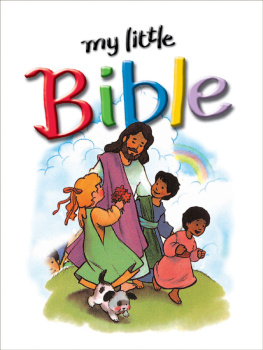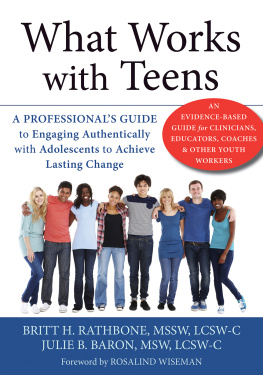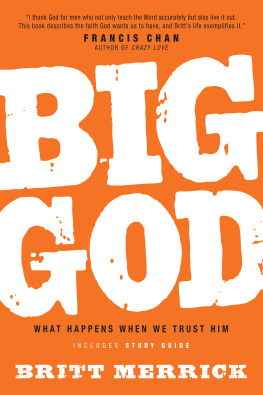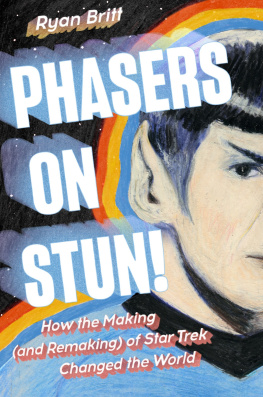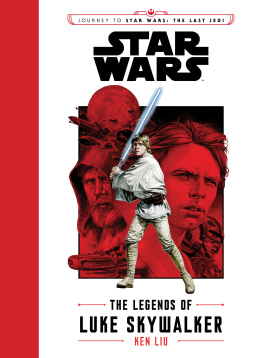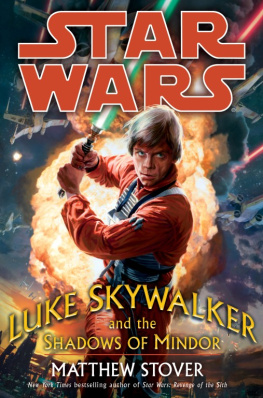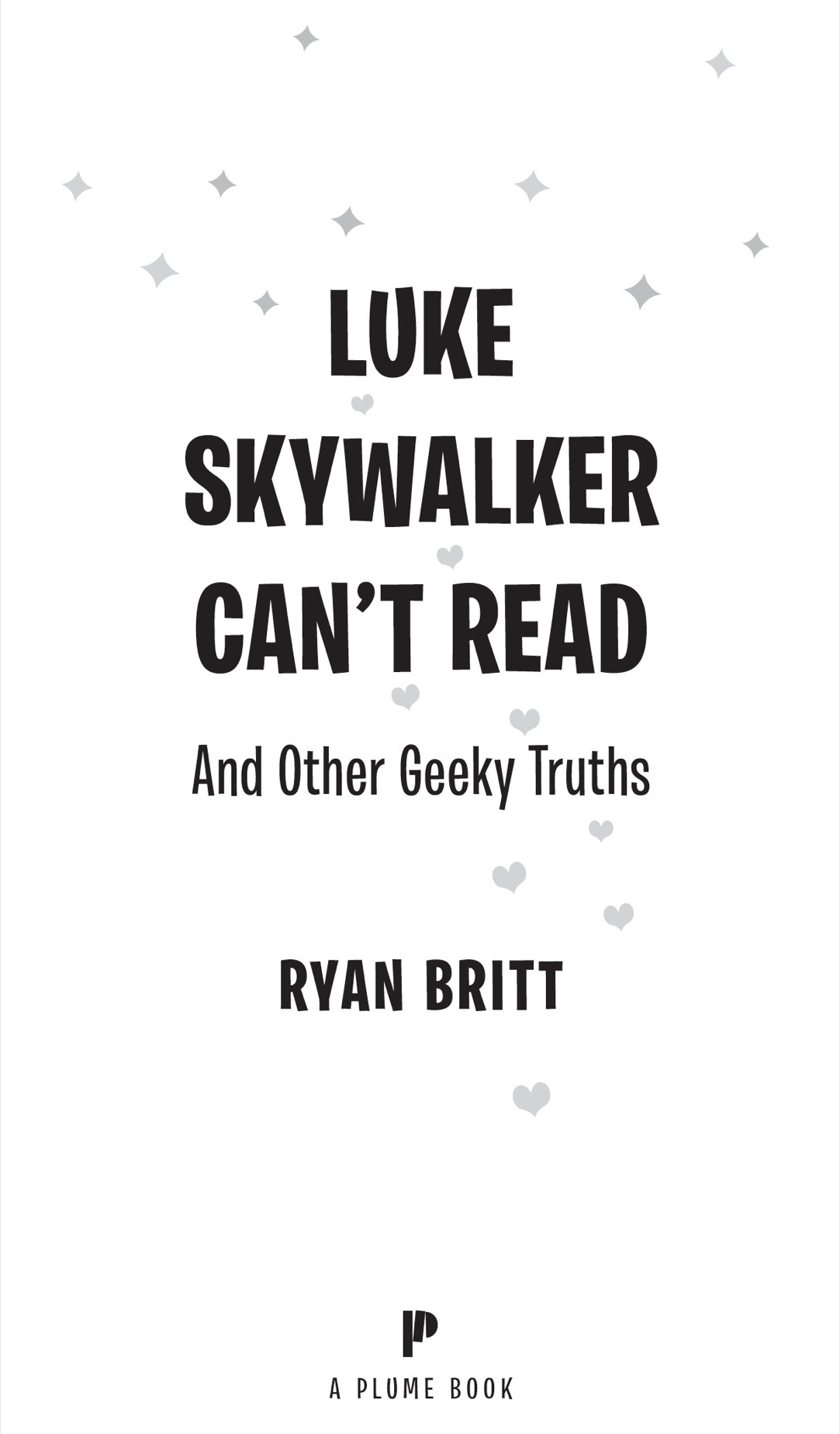A PLUME BOOK
LUKE SKYWALKER CANT READ
RYAN BRITT has written for the New York Times, Electric Literature, The Awl, VICE, and Clarkesworld and is a consulting editor for Story. He was the staff writer for the Hugo Awardwinning web magazine Tor.com, where he remains a contributor. He lives in New York City.
Praise for Luke Skywalker Cant Read
Ryan Britt is one of nerd cultures most brilliant and most essential commentators... the Virgil you want to guide you through the inferno of geekery.
Lev Grossman, author of the bestselling Magicians trilogy
Ryan Britt is an uncontrolled experimenta genre omnivore who has spent his time on this earth flying to other galaxies, undersea cities, freaky amusement parks, Middle Earth, Transylvania, Sherlock Holmess London, and the Cretaceous. His essays are reliably smart, surprising, provocative, and funny.
Karen Russell, Pulitzer Prizenominated author of Swamplandia!
Ryan mixes his love of sci-fi with his life story to produce one of the most witty, fun, warm, and insightful essay collections out there. If Luke Skywalker had a favorite book, it would be this one.
Ophira Eisenberg, host of NPRs Ask Me Another and author of Screw Everyone
Luke Skywalker Cant Read is personally revealing, effortlessly funny, carefully researched, and optimistic about the place of sci-fi/fantasy in the greater world of popular entertainment.
Cecil Baldwin, narrator of Welcome to Night Vale
Whether hes exploring paradoxes in Back to the Future and the fundamental illiteracy of the average Stormtrooper or being tied up and held over a rooftop by a couple of dominatrices, Ryan Britt is an amiable, perceptive, and highly entertaining observer of the sci-fi scene. I gulped down these essays like Dracula downing a pint of blood.
Teddy Wayne, author of The Love Song of Jonny Valentine
Sci-fi and fantasy fans, meet your new best friend. Ryan Britt has an encyclopedic knowledge of geek culture, from Aurebesh to Zardoz, and this collection of essays feels like youre hanging out with him at the worlds nerdiest bar. Luke Skywalker Cant Read is smart, insightful, and totally fun.
David M. Ewalt, author of Of Dice and Men: The Story of Dungeons & Dragons and the People Who Play It
PLUME
An imprint of Penguin Random House LLC
375 Hudson Street
New York, New York 10014
penguin.com
Copyright 2015 by Ryan Britt
Penguin supports copyright. Copyright fuels creativity, encourages diverse voices, promotes free speech, and creates a vibrant culture. Thank you for buying an authorized edition of this book and for complying with copyright laws by not reproducing, scanning, or distributing any part of it in any form without permission. You are supporting writers and allowing Penguin to continue to publish books for every reader.
Illustrations Wesley Allsbrook
LIBRARY OF CONGRESS CA TALOGING-IN-PUBLICAT ION DATA
has been applied for.
ISBN 978-0-698-40672-8
While the author has made every effort to provide accurate telephone numbers, Internet addresses, and other contact information at the time of publication, neither the publisher nor the author assumes any responsibility for errors or for changes that occur after publication. Further, the publisher does not have any control over and does not assume any responsibility for author or third-party Web sites or their content.
Version_1
For my dad
Those people who think they know everything are a great annoyance to those of us who do.
Isaac Asimov
CONTENTS
AUTHORS NOTE
T his book isnt meant to be the final word on anything having to do with science fiction, fantasy, or any of those related fields. Others have written encyclopedically about all aspects of genre fiction and theyve done it wonderfully. I think I try to do some of them justice here.
Instead, these essays simultaneously assume a little bit of familiarity with certain subjects (I think most people have seen Star Wars) but try to inform more on others. When it comes to Doctor Who, Isaac Asimov, Sherlock Holmes, or Star Trek, I tend to split the difference; sometimes theres a lot of background information in the essays, sometimes theres not. Occasionally, Ive gone hog wild with the footnotes. This, I believe, simulates talking to me about these subjects, only less intensely.
Mostly, the aim of these essays is to add what I hope are new lenses to the conversations about various geeky topics. Ive often found myself to be the only one saying a certain thing about a certain thing. And so, I decided to write it all down to not forget it. Other times, Ive heard a common geeky opinion repeated over and over again, and I had to wonder why. As much as possible, I think I try to be fair, but these are only my opinions. Although I cant prove that Im not a robot, Im only human.
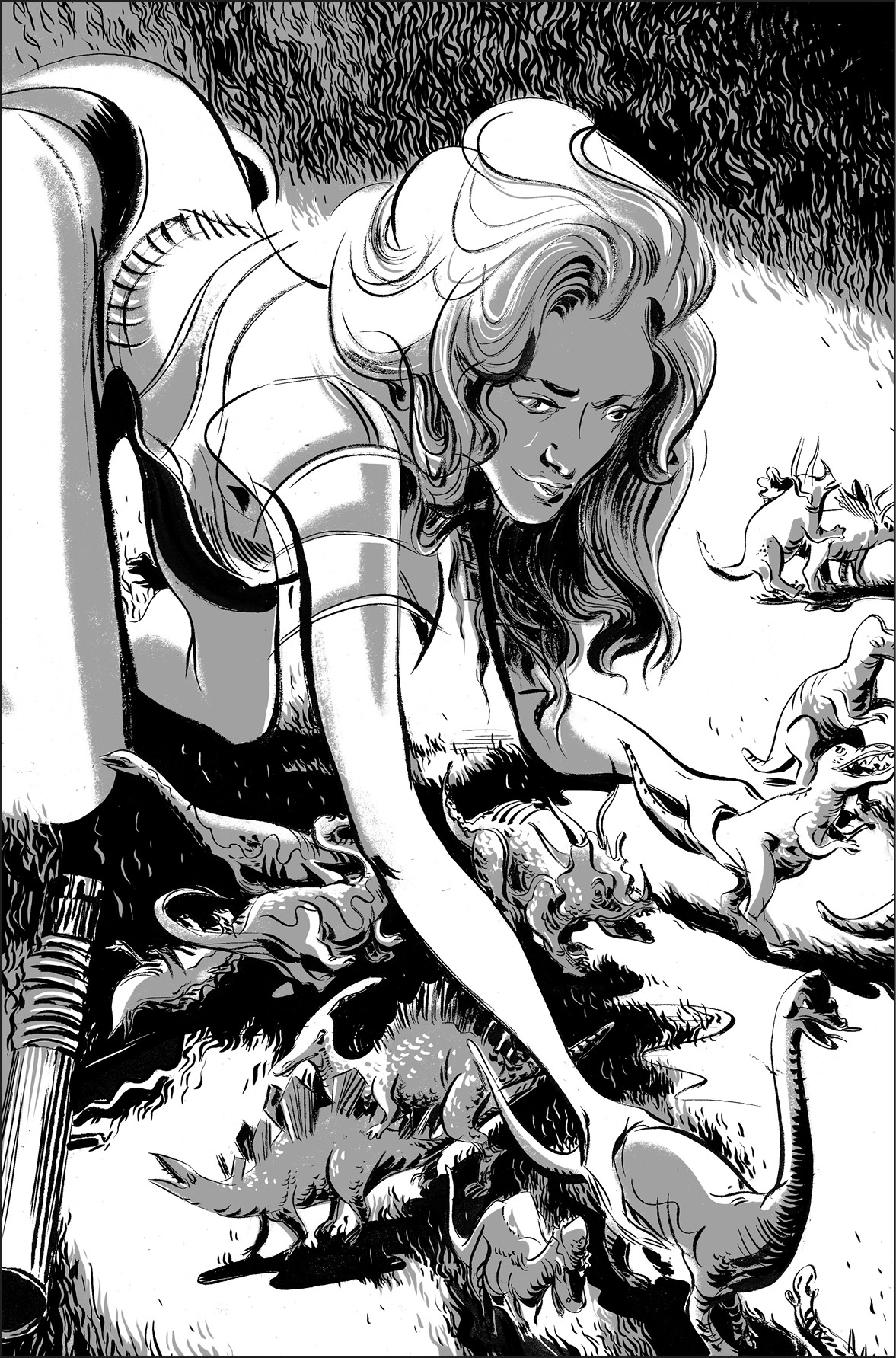
Out of the Sideshows
W hen youre a kid in a 1994 junior high school locker room, and on the receiving end of towel-snaps and occasionally missing gym clothes, you also quickly pick up on a pervasive amount of slurs. Young boys call other boys terrible things: queer, wimp, and occasionally the uncreative and rote loooo-ser. But something that stung even worse than a towel-snap was often getting labeled a nerd or a geek. Without getting too weepy or dramatic, Ill say being called these things sent a simple message: if theres a club where everyone agrees on being normal together, I wasnt in it.
If you use Google to find something other than a hip restaurant, looking up the word geek will reveal an etymological minefield. Katherine Dunns excellent novel Geek Love is tragically not about having a crush on a girl who went to a Star Trek convention with me in 1992, but instead, about a family of circus freaks. Well, maybe replace circus with sideshow because the historical turn-of-the-nineteenth-century geeks were the performers who were often too ridiculous for the circus itself, mostly because their main job was to bite the heads off chickens, Ozzy Osbournestyle. If the boys in my junior high locker room were the circus, then I was in the sideshow: a segregated community in the kingdom of the unimportant.
But as the nerded and geeked boys and girls of the 80s and 90s have grown up and become pseudo-adults in this early section of the twenty-first century, weve noticed something odd: the Gap suddenly sells Star Trek T-shirts. Seemingly overnight, being a geek is cool and news article after blog post trumpets that now not only are geeks hip, but their hipness is here to stay, too. The geek(s) have inherited the Earth, which is why Star Trek, Star Wars, comic book heroes, and fantasy novels are more popular than ever. This, I believe, is broadly true, but there are various space-alien devils in the details, and its in those details that I hope these essays live.

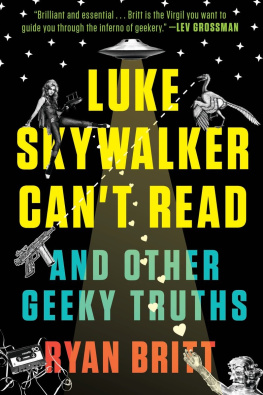

![Fredrik Backman - Britt-Marie Was Here [Britt-Marie var här]](/uploads/posts/book/802028/thumbs/fredrik-backman-britt-marie-was-here-britt-marie.jpg)
